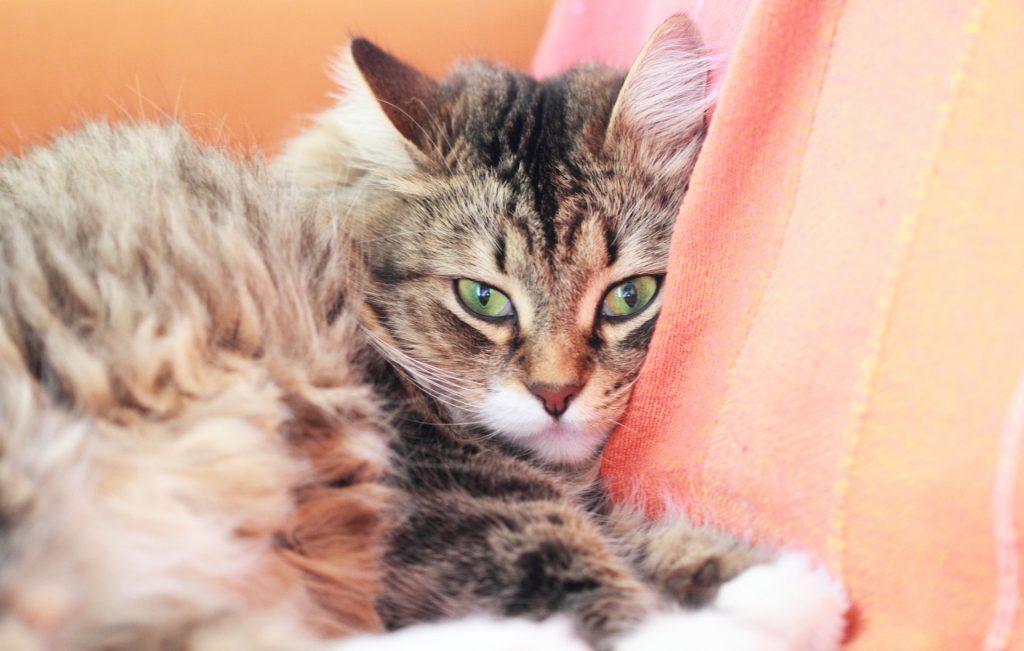Vomiting is the forceful expulsion of stomach contents through the mouth. Diarrhoea is the frequent evacuation or loose stools. Dogs and cats can present with either one of these symptoms or both. In most cases these symptoms are caused by a primary gastrointestinal problem such as dietary indiscretion (eaten something they shouldn’t of), diet change, toxin ingestion or foreign material ingestion. However vomiting and diarrhoea can also be symptoms of other systemic disease such as kidney, liver or pancreatitis.
What to do if your pet has vomiting or diarrhoea:
- Remove all food and water.
- See your vet immediately if your pet appears flat, lethargic or is vomiting profusely (i.e. non-stop)
- See your vet immediately if your pet is particularly young (less than three months) or old as diarrhoea and vomiting can quickly lead to serious fluid loss and electrolyte imbalances
- If no vomiting occurs for 6 to 8 hours, begin to frequently give small amounts of water. If your pet does not vomit the fluid, the following day offer small frequent meals of boiled chicken and rice (Hills i/d is a commercial form of this). If your pet does not want to eat, starts to vomit, or continues to have diarrhoea, go to your vet for medical care.
- Isolate the sick pet from other pets in case it is contagious.
What NOT to Do
- Do not administer any over-the-counter or prescription medications to your pet without talking to a veterinarian first. Many human medications are toxic to your pet!
- Do not allow the pet to eat or drink anything until there has been no vomiting for 6 to 8 hours.
- If your pet doesn’t want to eat, do not tempt them with special treats such as sausages or cheese as these may upset their gut further.
Once seeing your vet, they may prescribe antibiotics or anti-nausea medication. If they are concerned about a serious underlying problem they may suggest further diagnostics such as bloods tests, urine tests or some form of imaging (xrays or ultrasound). After seeing the vet it is important to contact them if the animal does not appear to improve as planned as they may need to do further tests or adjust their medication.



